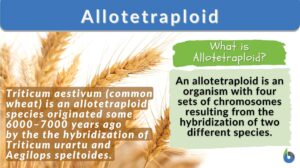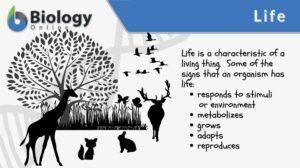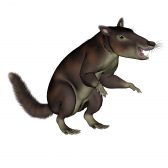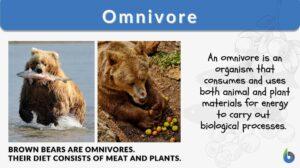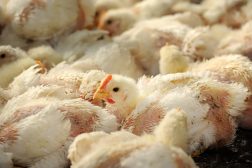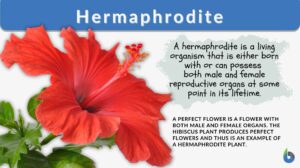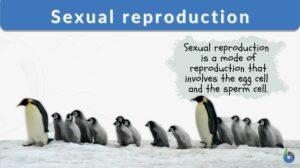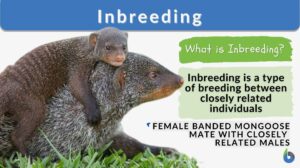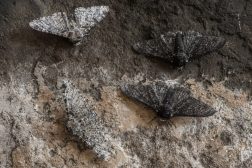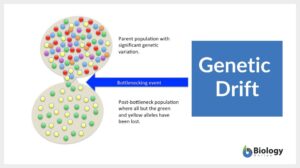Search Results for: dominant species
Dominant species
Dominance is the state of being supreme or dominant. Community dominance refers to the form of dominance where certain... Read More
Community (biology)
Community, in biology, refers to the assemblage of interacting organisms (either of the same or different species)... Read More
Sex-linked trait
Definition of Sex-Linked Traits A sex-linked trait is an observable characteristic of an organism that is influenced by the... Read More
Ecosystem diversity
Ecosystem Diversity Definition What is ecosystem diversity? Ecosystem diversity deals with the study of different... Read More
Primary succession
Primary Succession Definition Primary succession is an ecological succession where a newly formed area is inhabited for the... Read More
Polygenic inheritance
Polygenic inheritance refers to the kind of inheritance in which the trait is produced from the cumulative effects of many... Read More
Secondary succession
We all have come across news where forest lands got destroyed by wildfires. Or sometimes we have read about an entire... Read More
Sporophyte
Sporophyte Definition What is a sporophyte? Accordingly, the sporophyte is the plant generation that produces spores. To... Read More
Polymorphism
Polymorphism Definition The occurrence of two or more different forms or morphs in the population of a species is referred... Read More
A Look Into Natural Selection and its Mechanisms
Charles Darwin is credited with outlining the fundamentals of evolution. He was a smart and eager pupil and protégé, and... Read More
Sexual selection
What is Sexual Selection? The definition of sexual selection is very interesting in biological terms. The sexual selection... Read More
Vascular plants
Definition of Vascular plants The term 'vascular' is derived from the Latin word vāsculum, vās, meaning "a container and... Read More
Disruptive Selection
An evolutionary process known as disruptive selection (or disruptive natural selection) causes a population to become... Read More
Multiple alleles
Alleles are the pairs of genes occupying a specific spot called locus on a chromosome. Typically, there are only two alleles... Read More
Inherited traits
What are Inherited Traits? The characteristics or traits that are passed from parents to offspring are known as inherited... Read More
Allotetraploid
Allotetraploid Definition An allotetraploid is an organism with four sets of chromosomes (4n). This is in contrast to the... Read More
Mendel’s laws: definitions
Genetics - a branch of biology that deals with the study of heredity and variations Variations - differences amongst the... Read More
New Zealand’s Unique Geographical History
Written by: Maria Victoria Gonzaga Peer-reviewed by: Cathy Buntting, Ph.D. and Andrea Soanes New Zealand is... Read More
Mammalian Ancestors
Humans are mammals, the most successful taxonomic class of organisms to colonize the Earth. The word mammal derives from the... Read More
Selective Breeding
Reviewed by: Mary Anne Clark, PhD Thousands of years before Darwin proposed evolution by natural selection and... Read More
Hermaphrodite
We all know that typically living organisms are divided into two main categories of sex-based on their biological structure.... Read More
Sexual reproduction
Sexual reproduction is a mode of reproduction involving the fusion of haploid female gamete (egg cell) and haploid male... Read More
Inbreeding
Inbreeding is a type of breeding or mating where closely related individuals with a common ancestor produce progenies with... Read More
Allele frequency
Definition noun, plural: allele frequencies The frequency of an allele relative to that of other alleles of the same gene in... Read More
Examples of Natural Selection
Reviewed by: Mary Anne Clark, Ph.D. Darwin's Finches Darwin's finches are an excellent example of the way in... Read More
Genetic drift
Genetic Drift Definition What is genetic drift in simple terms? The simple definition of genetic drift ( also referred to... Read More
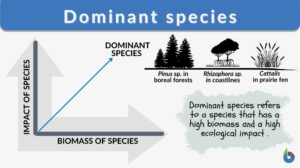
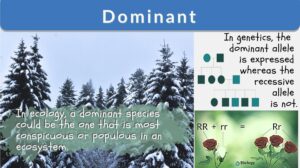
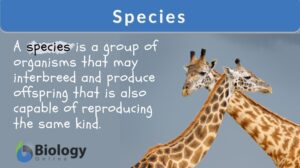
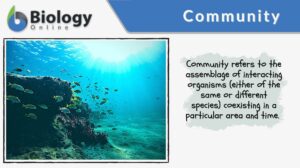
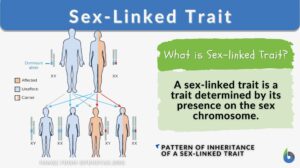

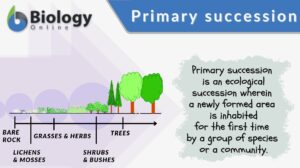
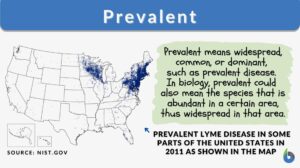
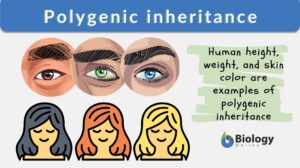
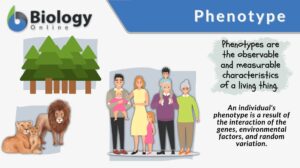
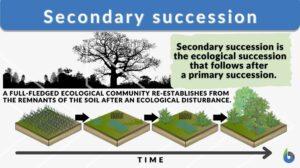
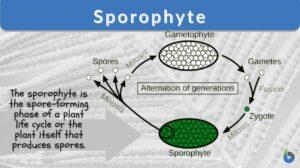

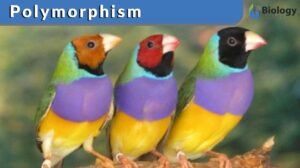



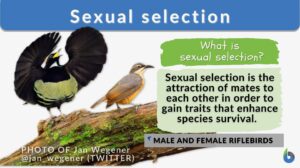

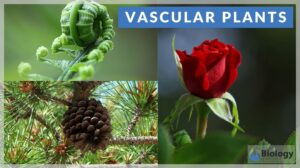
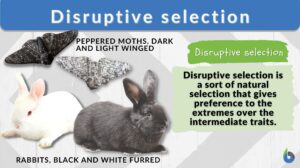
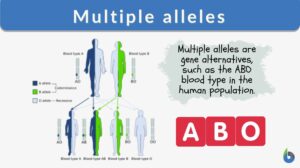
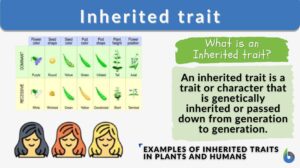
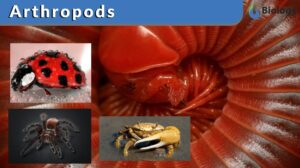
![Biology n., [baɪˈɑlədʒi] Definition: scientific study of life](https://www.biologyonline.com/wp-content/uploads/2021/12/biology-definition-and-branches-of-biology-300x168.jpg)
